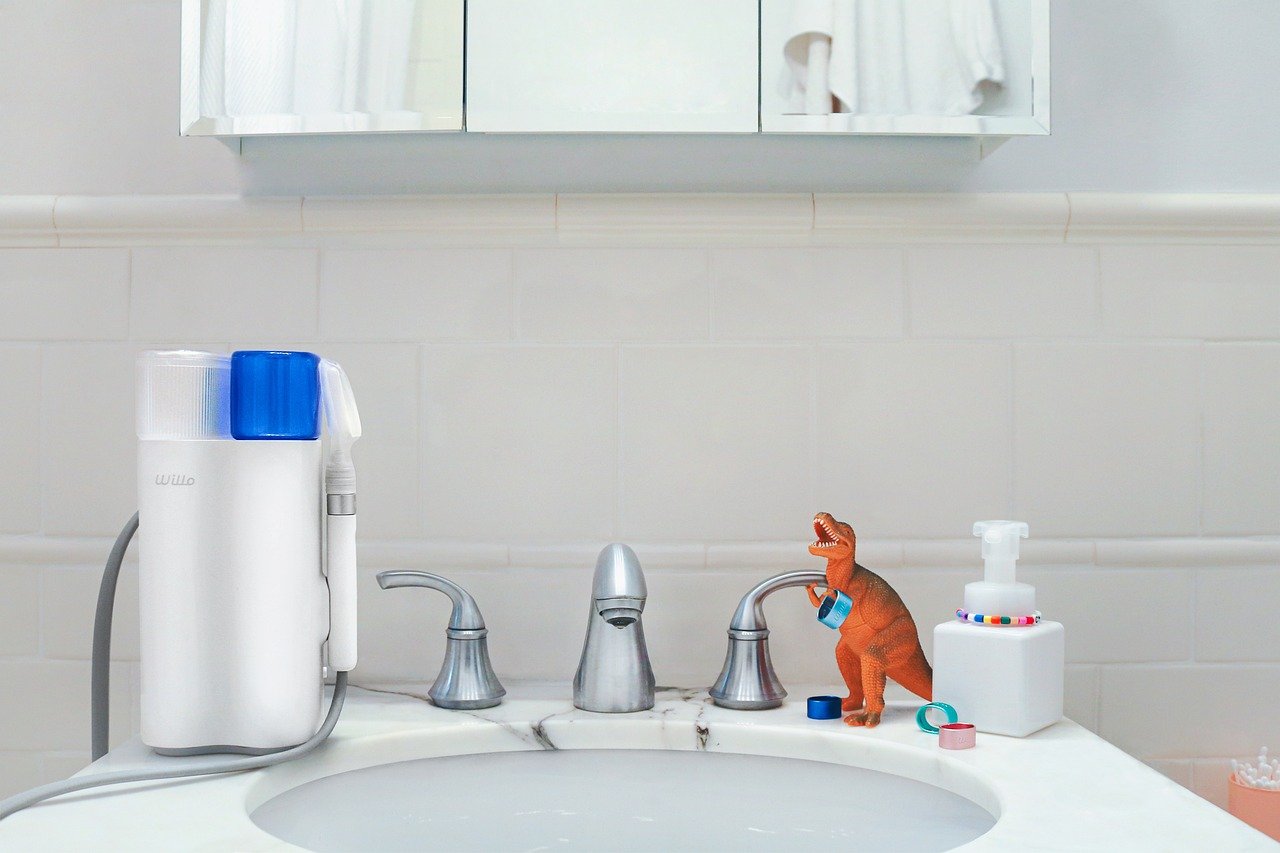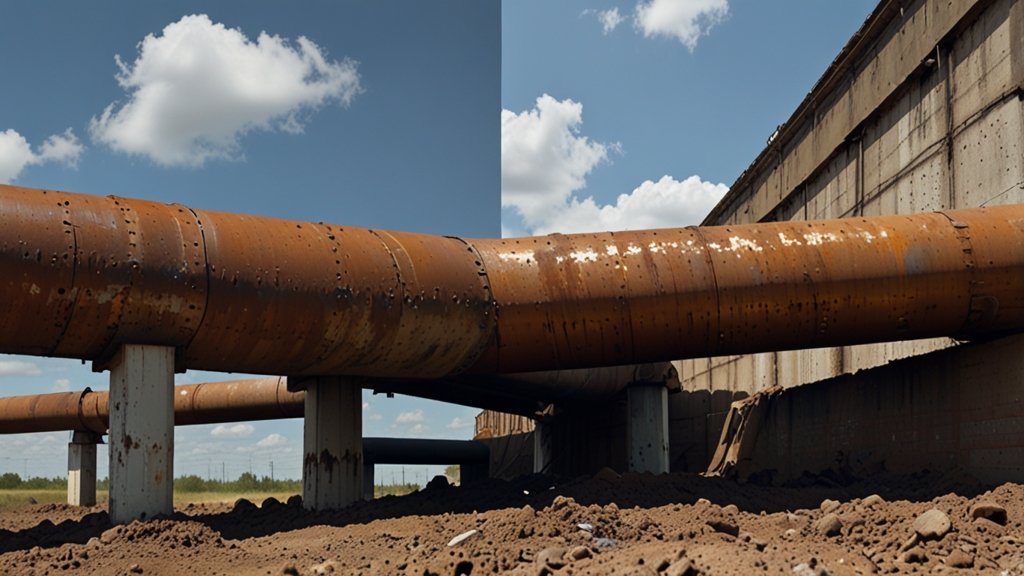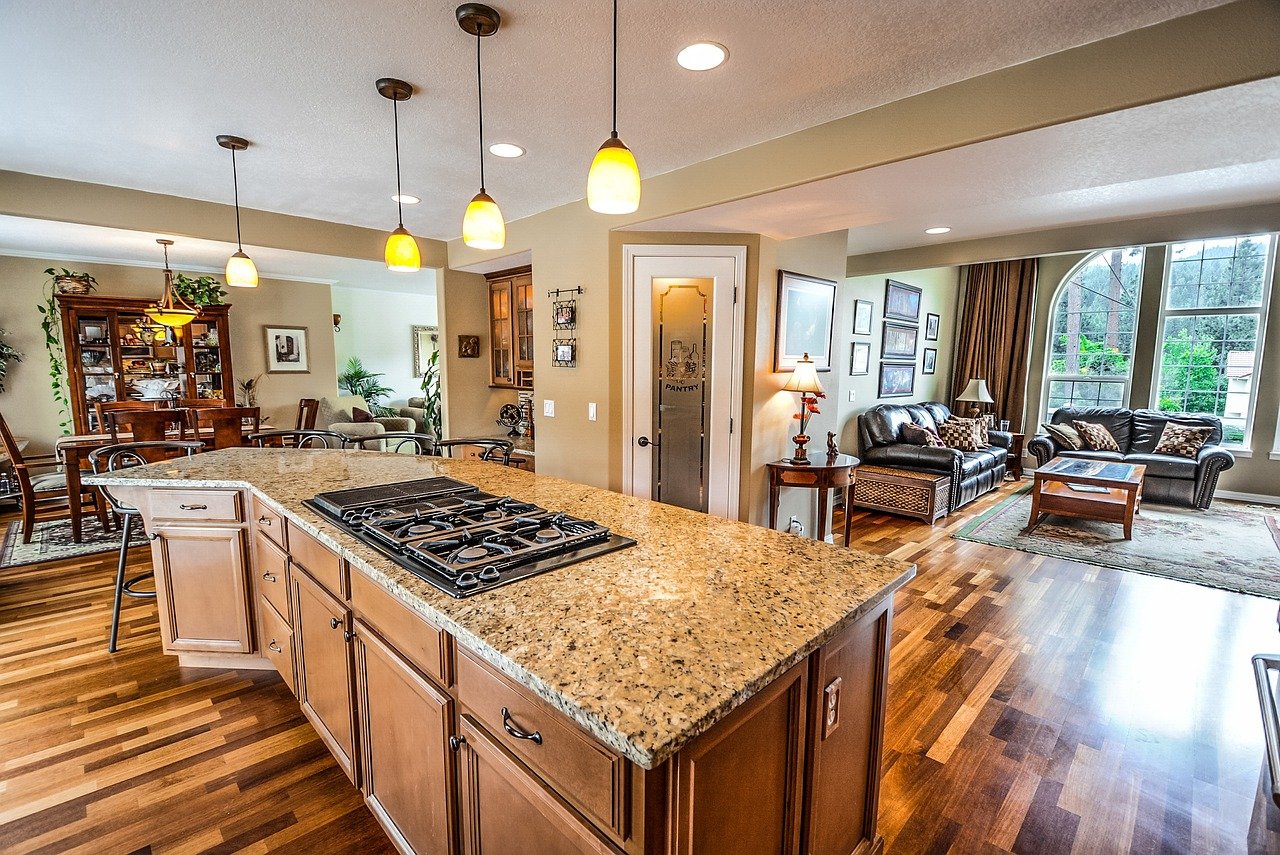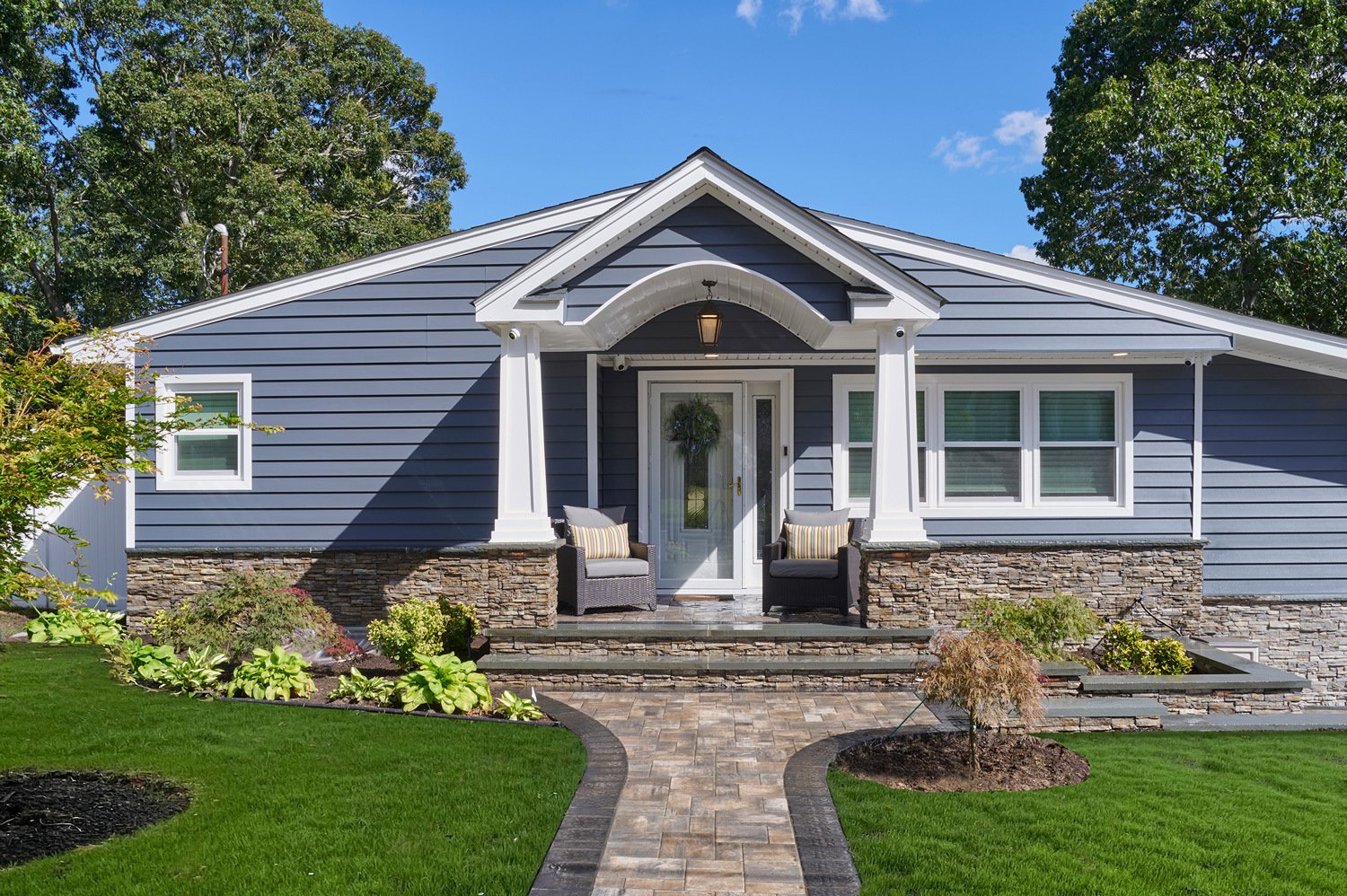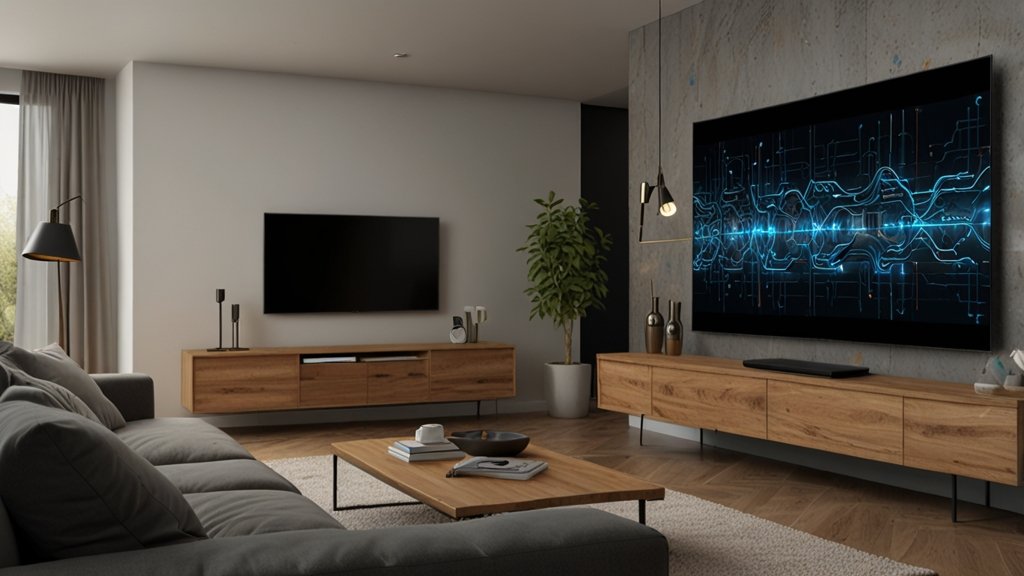Let’s be real for a second. The average person spends about 816 days of their life in the bathroom. That’s over two years! And yet, for such a vital personal sanctuary, most of our bathrooms are stuck in a bygone era. We’re talking about rooms dominated by cold tiles, harsh lighting, and a deafening silence broken only by… well, you know.
But what if your morning routine could feel less like a chore and more like a spa experience? What if your bathroom could anticipate your needs, conserve resources, and even help keep you healthy?
That’s the promise of the smart bathroom. And it’s not some Jetsons-style fantasy. The technology is here, it’s accessible, and it’s transforming how contractors for bathroom renovations approach their projects. But here’s the catch: not every contractor is equipped to handle the wiring, the networking, and the sheer innovation these spaces demand.
Finding the right pro is the difference between a frustrating money pit and your new favorite room in the house. Let’s break down how to make it happen.
What Exactly Is a Smart Bathroom, Anyway?
If you’re picturing a robot scrubbing your shower, I’m sorry to disappoint. Smart bathrooms renovation is less about automation and more about enhanced control, efficiency, and experience. It’s the seamless integration of technology to create a responsive, personalized, and downright luxurious environment.
Think of it this way: a standard bathroom has parts. A smart bathroom has a brain. It connects these parts into a cohesive, intelligent system.
The core idea is connectivity. These devices often link to your home Wi-Fi or a smart hub (like Amazon Alexa, Google Home, or Apple HomeKit), allowing you to control them via voice commands, smartphone apps, or even automated routines.
The Smart Bathroom Toolbox: Must-Have Upgrades for 2024
This is where the fun begins. The market is exploding with incredible gadgets and fixtures. Here’s a look at what’s turning heads and justifying renovation budgets.
The Showstoppers: Smart Showers and Tubs
Gone are the days of fiddling with knobs until you get that perfect temperature. Digital shower systems let you preset your exact desired temperature and flow rate. You can start your shower from bed so it’s perfectly steamy when you walk in. Some even have voice control: “Alexa, start my shower at 102 degrees.”
And smart tubs? They’re a league of their own. Imagine filling your tub to the perfect level and temperature without ever lifting a finger. Now that’s luxury.
Intelligent Toilets: The Throne Gets a Brain
This is often the first thing people think of, and for good reason. Smart toilets (or bidet seats) are a game-changer for hygiene and comfort. We’re talking heated seats, warm water cleansing, air drying, automatic lids, and self-cleaning functions. The high-end models even have health monitoring features, analyzing waste for early signs of potential issues. It’s a big step up from the porcelain throne.
High-Tech Mirrors and Lighting
Anti-fog mirrors are just the start. Smart mirrors can display the weather, your calendar, news headlines, or even let you watch a tutorial while you perfect your hairstyle. They often integrate LED lighting with adjustable color temperatures—bright and cool for applying makeup, soft and warm for a relaxing evening bath.
And the lighting itself can be smart. Philips Hue or Lutron systems can create custom “scenes”: a bright “Get Ready” scene for the morning and a dim, calming “Wind Down” scene for a late-night soak.
The Unsung Heroes: Leak Detectors and Ventilation
Honestly, this isn’t talked about enough. While the flashy stuff gets attention, some of the smartest upgrades are the ones that protect your home. Smart water leak detectors placed under sinks or near toilets can send an alert to your phone at the first sign of moisture, potentially saving you thousands in water damage.
Similarly, smart ventilation fans can be set to run based on humidity levels, not just a timer, effectively preventing mold and mildew without you ever thinking about it.
The Contractor Conundrum: Why Your Regular Handyman Might Not Cut It
This is the crux of the entire article. You can buy all the fancy tech in the world, but if it’s not installed correctly, you’re left with a very expensive, very dumb problem.
A traditional bathroom renovator is a master of pipes, tiles, and waterproofing. And that’s still critically important. But a smart bathroom renovation requires a new skillset: low-voltage wiring, network integration, and an understanding of how these devices talk to each other.
Here’s a quick pros and cons list to illustrate the point:
| Feature | Traditional Bathroom Contractor | Tech-Savvy Smart Bathroom Contractor |
|---|---|---|
| Core Expertise | Plumbing, structural, tiling, waterproofing | All of the above, plus low-voltage wiring & network integration |
| Tech Proficiency | May sub-contract or avoid complex tech | Has direct experience with smart home ecosystems |
| Project Planning | Focuses on layout and material flow | Plans for electrical outlets, data lines, and device placement |
| Problem-Solving | Solves physical construction issues | Troubleshoots both physical install and digital/connectivity issues |
| Best For | Straightforward, aesthetic-only upgrades | Integrated systems where tech is a core feature of the design |
As you can see, it’s not that one is better than the other. It’s that they serve different purposes. For a smart renovation, you need the hybrid—a contractor who speaks both the language of a trowel and the language of TCP/IP.
How to Vet Contractors for Your Smart Bathroom Renovation
So, how do you find this mythical unicorn of a contractor? You don’t need to. They exist. You just need to know what to ask.
- Lead with Your Vision: Don’t just ask, “Do you do bathrooms?” Instead, start the conversation with, “I’m planning a bathroom renovation that includes a digital shower, smart mirror, and integrated lighting. Is that within your wheelhouse?” Their immediate reaction will tell you a lot.
- Ask for Specific Examples: Any contractor can say “yes.” The good ones will show you. Ask to see photos or case studies of past projects where they installed smart technology. “Walk me through how you handled the wiring for the smart mirror in this project.”
- Probe Their Tech Knowledge: Throw a few curveballs. Ask them about their preferred smart home platform (e.g., “Do you typically work with HomeKit or Google Home?”). Inquire about their experience with ensuring strong Wi-Fi signal in often-isolated bathroom spaces. Their answers will reveal their depth of knowledge.
- Understand Their Team: Will they handle the tech install themselves, or do they have a dedicated low-voltage electrician or IT sub-contractor they partner with? A well-established partnership is almost as good as doing it in-house.
- Check for Certifications: While not always necessary, some manufacturers offer certification programs for installers (like for certain smart shower systems). It’s a great sign if they’ve gone through the training.
Frequently Asked Questions
Q1: How much more does a smart bathroom renovation cost compared to a standard one?
It varies wildly, but expect a premium of 15-30% on top of a standard high-end renovation. The cost isn’t just the gadgets; it’s the specialized labor and additional electrical work. A basic smart light switch is cheap; running new conduit for a digital shower valve is not.
Q2: Will all my smart bathroom devices work together on one app?
This is the million-dollar question. The best way to ensure compatibility is to choose devices that all work within the same ecosystem (Apple HomeKit, Google Home, etc.). A good contractor will help you select products that play nicely together to avoid app fatigue.
Q3: What happens if the Wi-Fi goes down? Will my bathroom stop working?
A common concern! Most core functions will still work. Your smart toilet will still flush, your shower will still run at its last-set temperature, and your taps will still flow. You’ll just lose the remote control and automation features until the connection is restored.
Q4: Are smart bathrooms a good return on investment (ROI) for resale?
While the tech is desirable, it’s still considered a luxury feature. Don’t expect a 100% return on a $10,000 smart toilet. However, a well-executed, integrated system can be a tremendous selling point that makes your home stand out in a competitive market.
Q5: Is a smart bathroom renovation more invasive?
It can be, only because it often requires more detailed planning for wiring and access points. The physical construction process is largely the same, but the “rough-in” phase is more complex. This is another reason hiring an experienced pro is crucial.
The Final Flush
We’re on the cusp of a new era in home design. The bathroom, long ignored by the tech world, is finally getting the upgrade it deserves. A smart bathroom renovation isn’t about having gadgets for gadgetry’s sake. It’s about creating a space that is more personal, more efficient, and more responsive to your life.
But this future isn’t built on circuits alone. It’s built on the expertise of the craftsmen and women who install it. The success of your project hinges on finding contractors for bathroom renovations who are not just builders, but technologists. Who see the wires behind the walls as part of the art.
So, do your homework, ask the tough questions, and partner with a pro who sees your vision. Because you deserve a bathroom that’s not just smart, but brilliantly so.
Ready to start your project? What’s the one smart feature you can’t wait to add?
READ ALSO: The Ultimate Guide to Shower Remodel Ideas: Transform Your Bathroom







